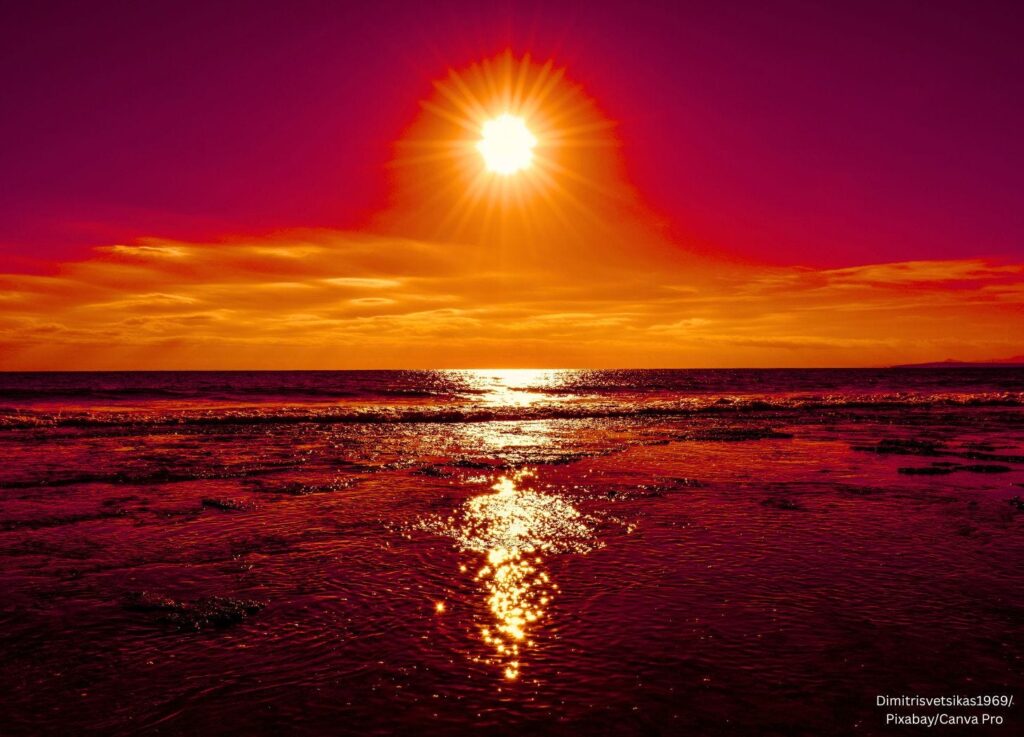Company will not disclose what the aerosol is made of, raising informed consent worries.
Jon Fleetwood

Israeli-U.S. geoengineering company Stardust Solutions has announced a $60 million fundraising round for its efforts to block the sun by spraying particles into the atmosphere.
Stardust says they have created a powder that they promise “wouldn’t accumulate in humans or ecosystems, and can’t harm the ozone layer or create acid rain like the sulfur-rich particles from volcanoes.”
But it refuses to disclose what the particles are actually made of, rendering those promises meaningless without transparency, independent verification, or the public’s informed consent.
The startup will use the money to begin “controlled outdoor experiments” as soon as April, according to a POLITICO report that broke the news. “Those tests would release the company’s reflective particles inside a modified plane flying about 11 miles (18 kilometers) above sea level.”
Such technology is “thinly researched and mostly unregulated,” POLITICO notes.
It could even “disrupt global weather patterns and trigger geopolitical conflict.”
The investors were reportedly just “putting their trust in the concept,” instead of demanding proof that tampering in such a significant and dangerous way with sunlight won’t unleash irreversible atmospheric or geopolitical fallout.
More than 590 climate scientists and governance scholars now support a worldwide moratorium on such experiments involving the sun, and have called for an ‘International Non-Use Agreement on Solar Geoengineering.’
Nevertheless, Stardust has now raised a total of $75 million for its sun-blocking scheme.
The fundraising haul was led by Wyoming-based climate technology firm Lowercarbon Capital.
Stardust is registered in Delaware but headquartered near Tel Aviv, Israel.
It has big plans and needs federal muscle to carry them out.
The company is looking to secure government contracts for “deploying its technology at a global scale,” according to POLITICO.
Stardust doesn’t have any patents or peer-reviewed publications on its integrated solar geoengineering system yet.
A Secretive Bid to Control the Sky
In March, Wired revealed that Stardust was quietly developing a form of solar geoengineering to “block sun rays from reaching the planet.”
Founded in 2023 and led by former Israeli nuclear physicists Yanai Yedvab and Amyad Spector, the company operates as a for-profit climate contractor, aiming to sell aerosol-based cooling technology directly to governments.
Stardust said at the time it had plans to disperse proprietary reflective particles from aircraft, though it wouldn’t reveal what the spray is made of.
The company had no published research, no code of conduct, and no public oversight, prompting experts to warn it lacks a “social license” for its activities.
Environmental groups, including CIEL and Friends of the Earth, have called the project “a reckless race” that could violate the U.N.’s geoengineering moratorium and “hold governments hostage with technology patents.”
Critics pointed to Stardust’s military-linked venture capital funding and warn that if its experiments go wrong, they could alter global weather patterns or damage the ozone layer, with no international rules to stop it.
Stardust’s experiment marks the moment private industry begins rewriting the atmosphere itself—without public knowledge, informed consent, or independent oversight—turning the Earth into a test site for an unproven technology no one voted for.
____
https://jonfleetwood.substack.com/p/israeli-us-geoengineering-company?utm
